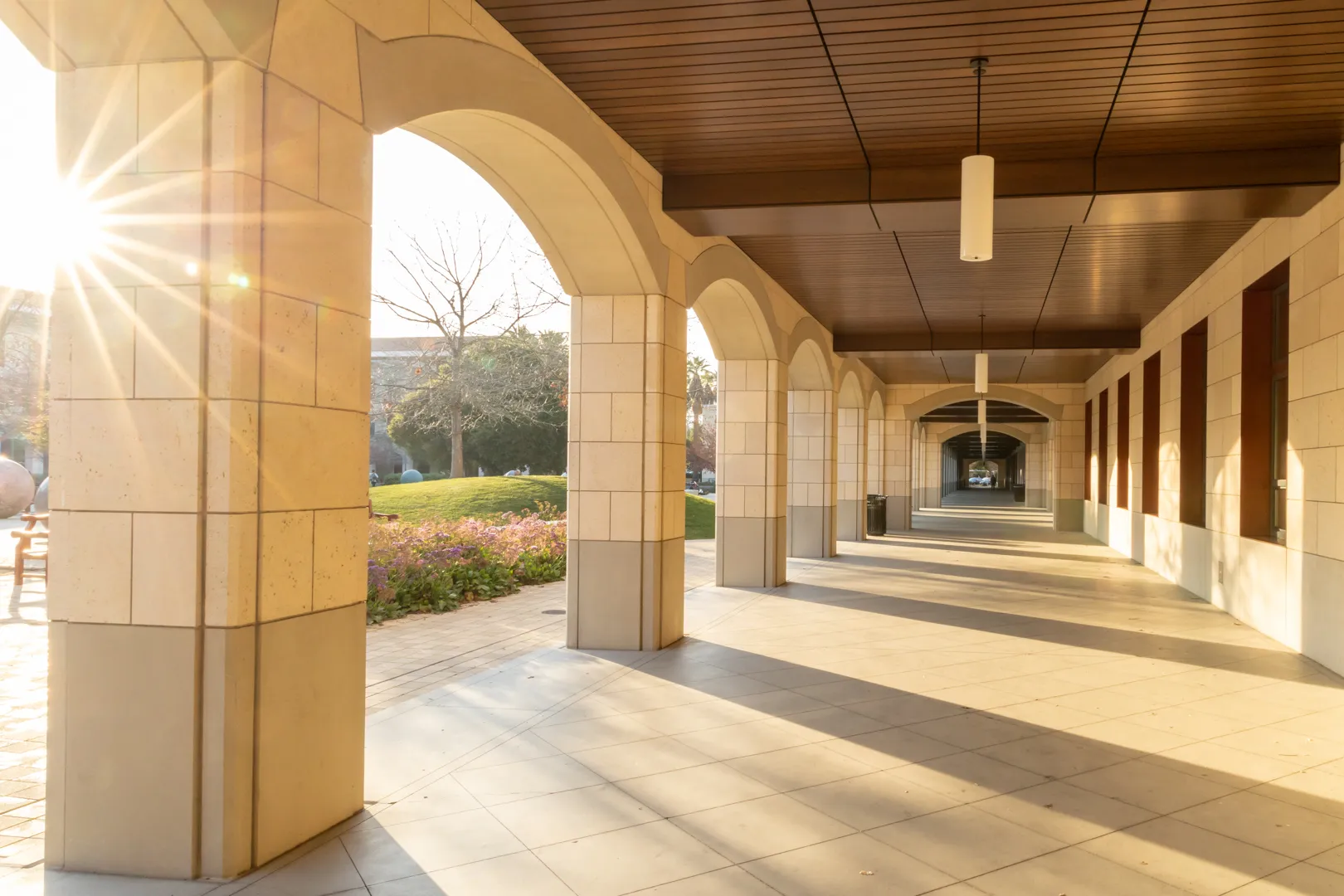As I walk around campus reading chalked messages and posters, and as I read The Stanford Daily, the Stanford Report and the Stanford Review, I am saddened. This is not the Stanford that once made me so proud to be its provost.
There were many occasions for pride during my years as provost: Nobel Prize announcements, wins at the Rose Bowl, student performances in MemAud. But for me, my proudest day at Stanford was Jan. 29, 2010.
That was the day we were visited by the Westboro Baptist Church, a strange cult that traveled the country to spread their message of hate toward gays, members of the Armed Forces and, particularly, Jews. This stop on their tour was targeted at Stanford Hillel, where they planned to spew their deranged antisemitism toward members of the Stanford Community.
When word of their coming spread through campus, the president and I received many demands that we prevent them from demonstrating. We could have. We are a private university on private property, and we can prevent access to outsiders if we so choose. But we did not. We are a university, and a university stands for nothing if not the free expression of viewpoints — true or false, supported or unsupported, agreeable or repugnant.
Word spread that the university would not prevent the demonstration, that the Westboro “Church” would be allowed to chant their hate at Hillel’s front door. The University would of course physically protect the members of Hillel, but equally protect the unwelcome Westboro visitors.
Then the day arrived. No plans were made, no call went out, but the Stanford community responded on its own. Hundreds and hundreds of Stanford students, faculty and staff spontaneously arrived to surround Hillel in a community embrace. At the front of the Stanford crowd was the Muslim Student Awareness Network and the Islamic Society of Stanford, proudly showing their support for their Jewish counterparts.
Talisman showed up and led the crowd with songs of love and grace. Then from the edge of the throng a bagpiper played “Amazing Grace,” and we all joined in. Eventually, our Westboro guests packed up their signs of hate and quietly left campus. They never made Stanford a stop on their odious tours again.
As I said at the time, I have never been prouder of our university. Others agreed. But something has been lost, at our university and in our society at large, something we desperately need to get back: the ability to disagree, to dispute, to debate, without questioning our opponents’ fundamental dignity and humanity. In 2010, we did not have a DEI program to mandate diversity and inclusion. This was not because there was no strife or hatred in the world. The Intifada was a recent memory, and the U.S. was still responding to the events of 9/11. But we saw ourselves as a community of scholars, who approached even the most agonizing events with compassion and understanding — and a determination to find a solution.
Our current president and provost have received a great deal of criticism from students and alumni who want them to take a stand, to come down clearly and unequivocally in favor of their own preferred stance. But President Richard Saller and Provost Jenny Martinez have done exactly what a president and provost should do. It is their responsibility, above all, to maintain the potential for rational, respectful debate, even about the most tragic and divisive circumstances facing the world. It is our responsibility as an academic community to engage in this debate with compassion and respect for those with whom we disagree, not to look to the university to assure us that our side is right.
John Etchemendy served as the 12th provost of Stanford University from 2000 to 2017.
